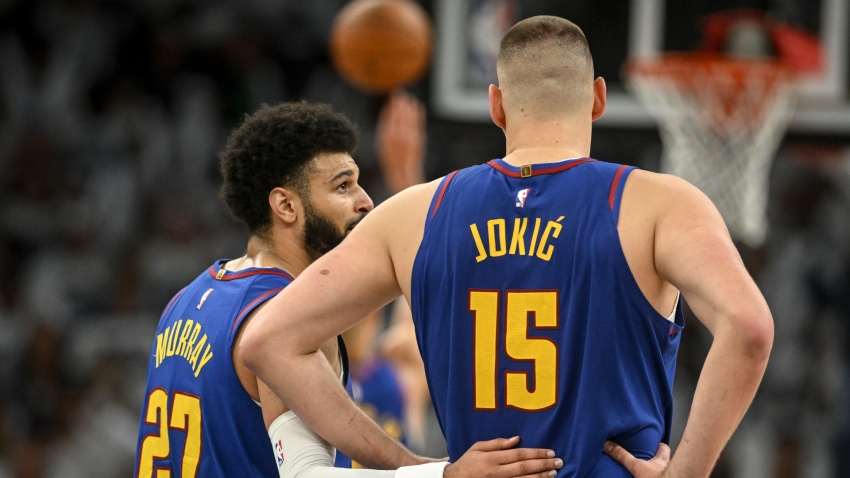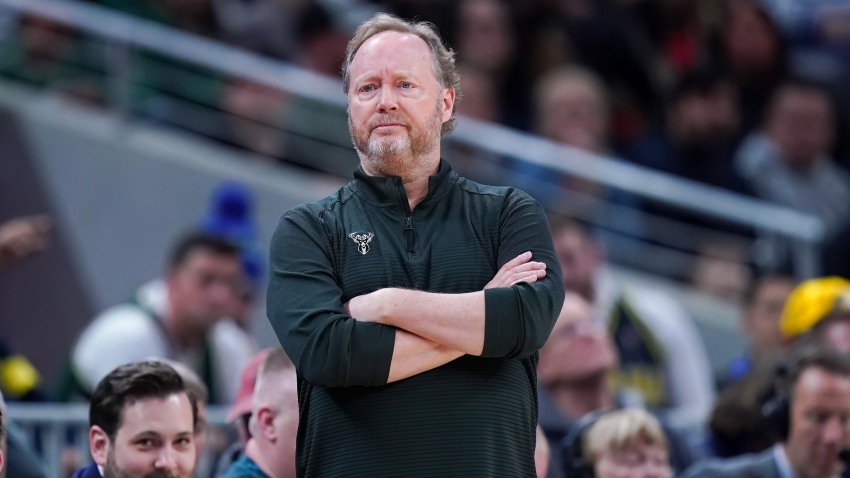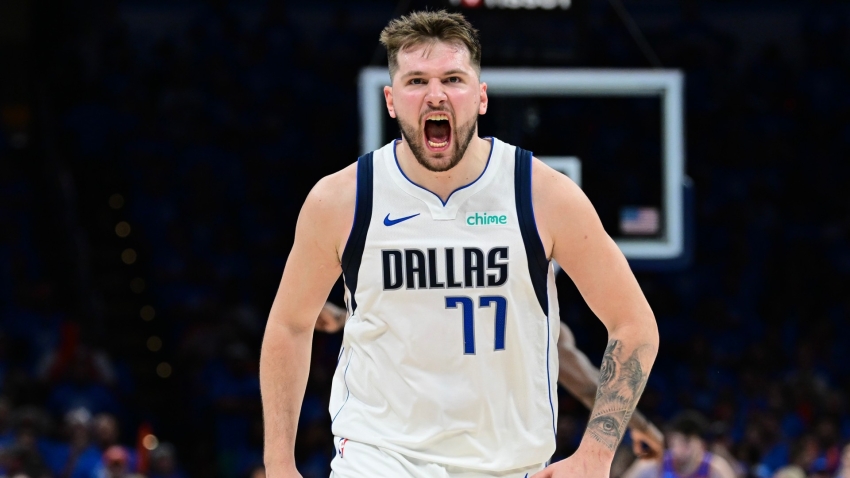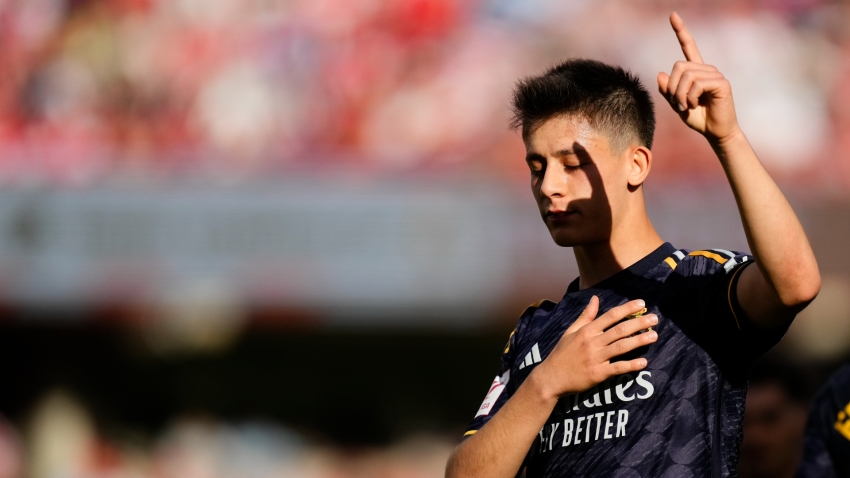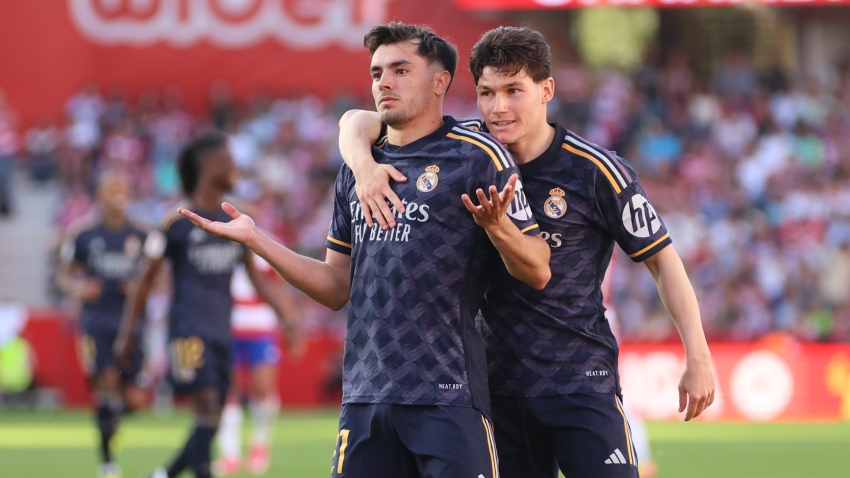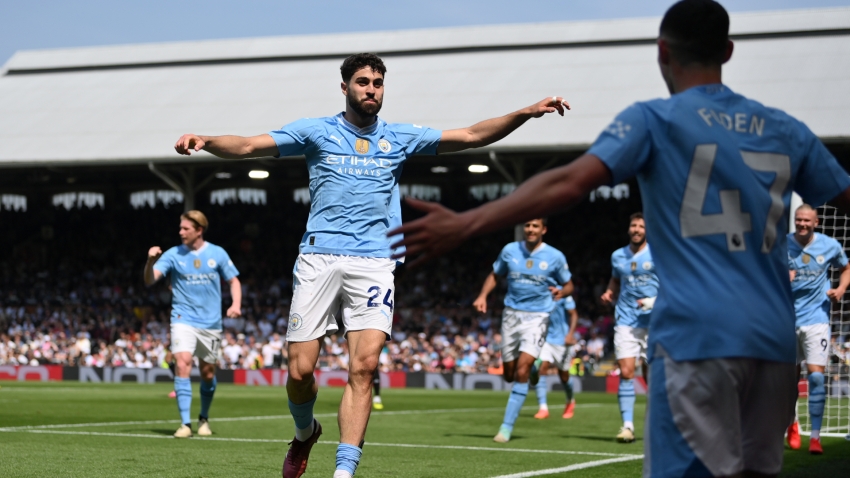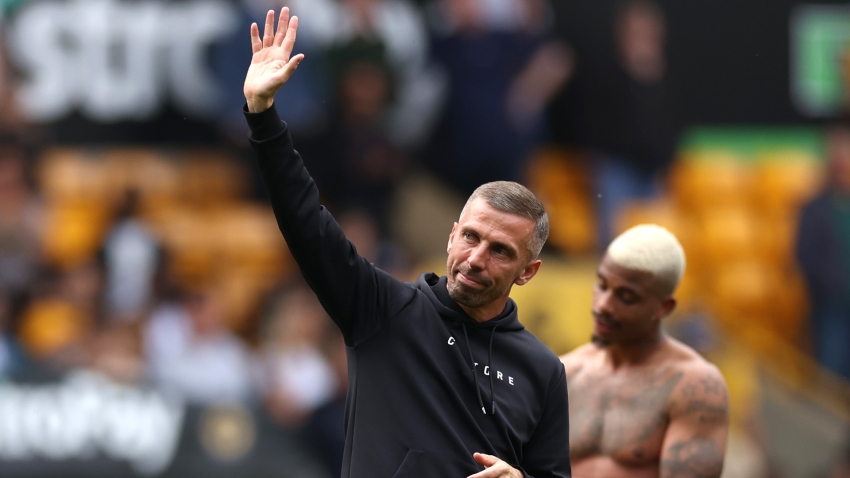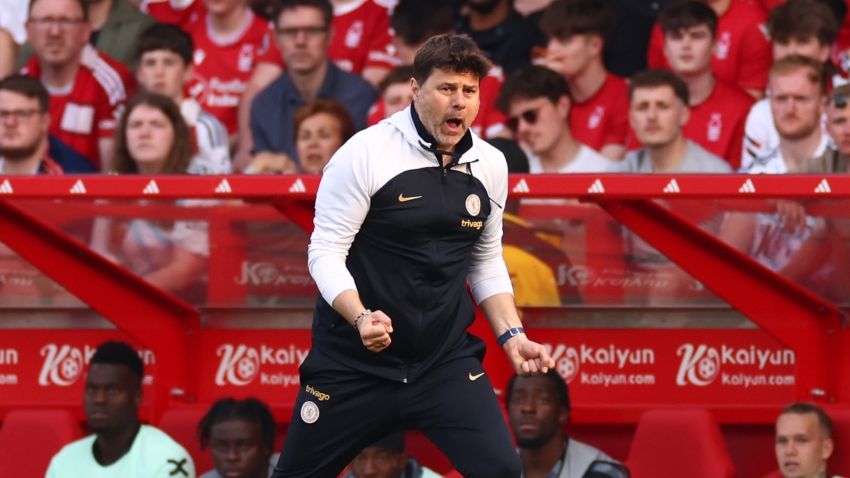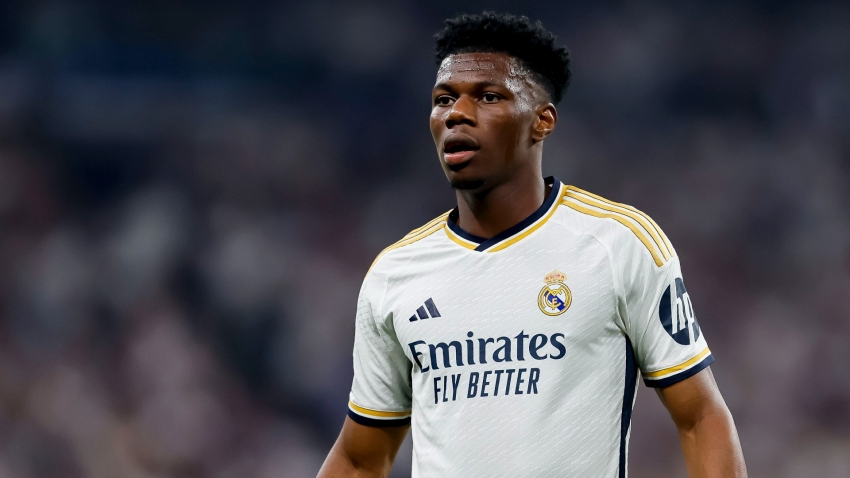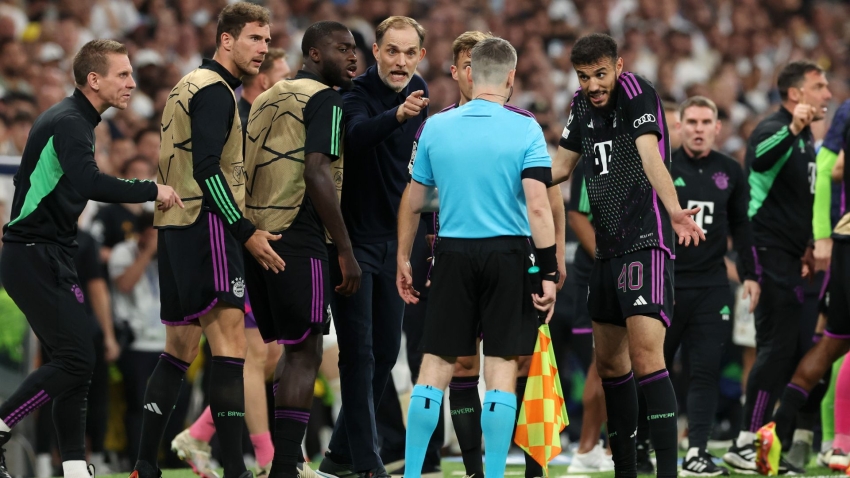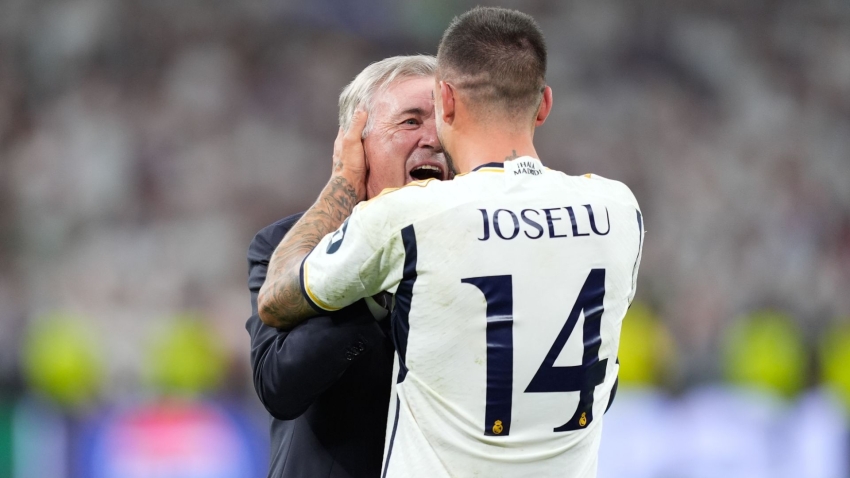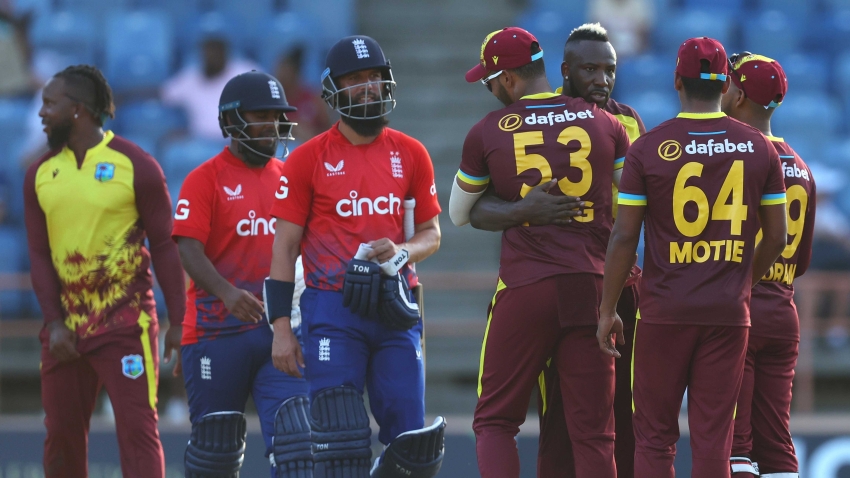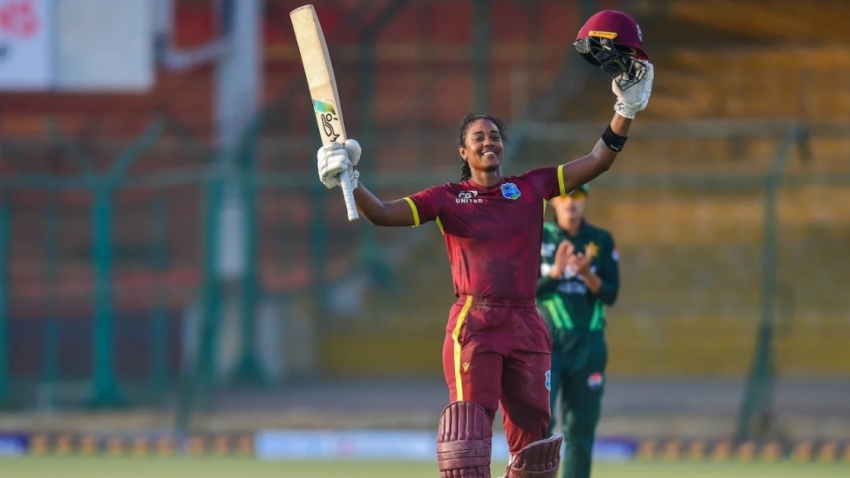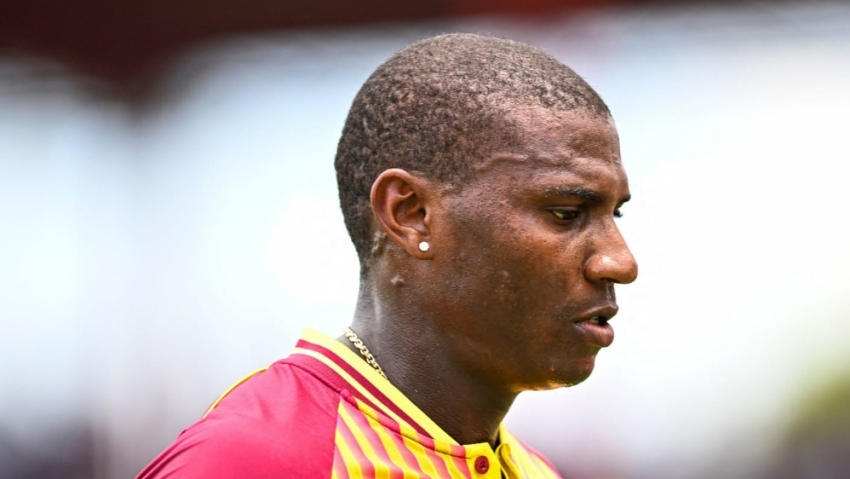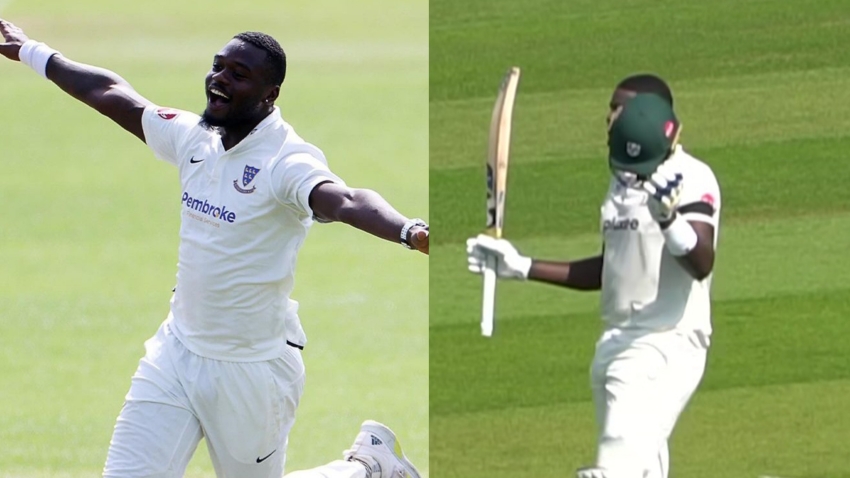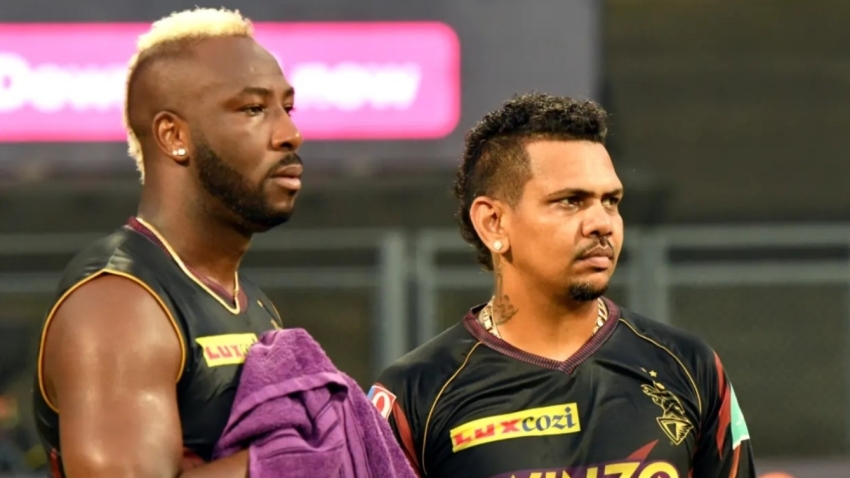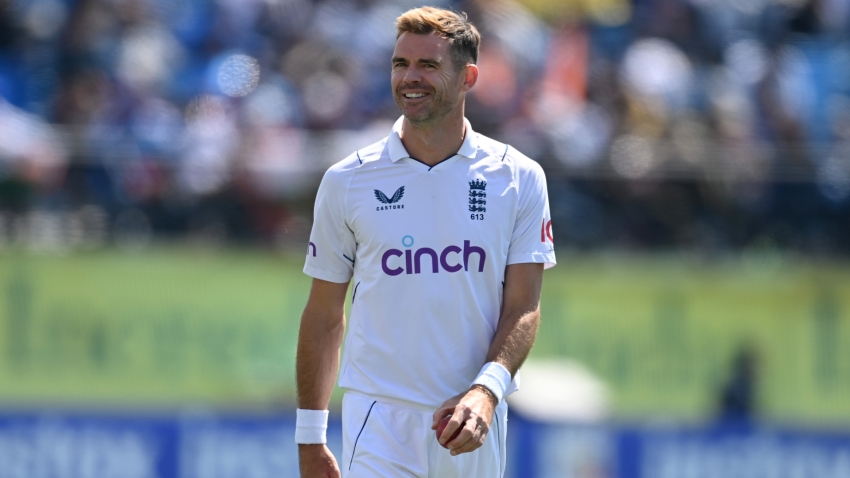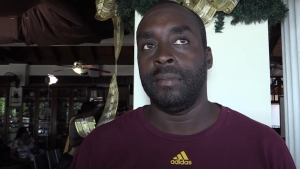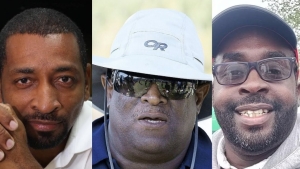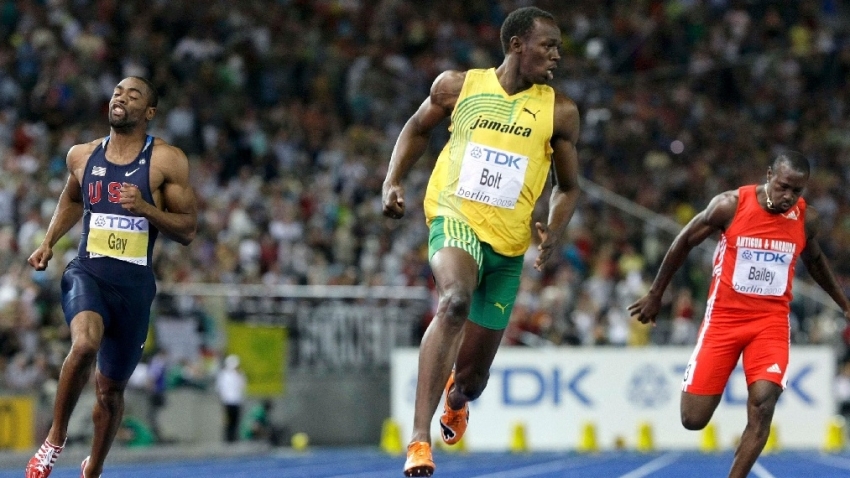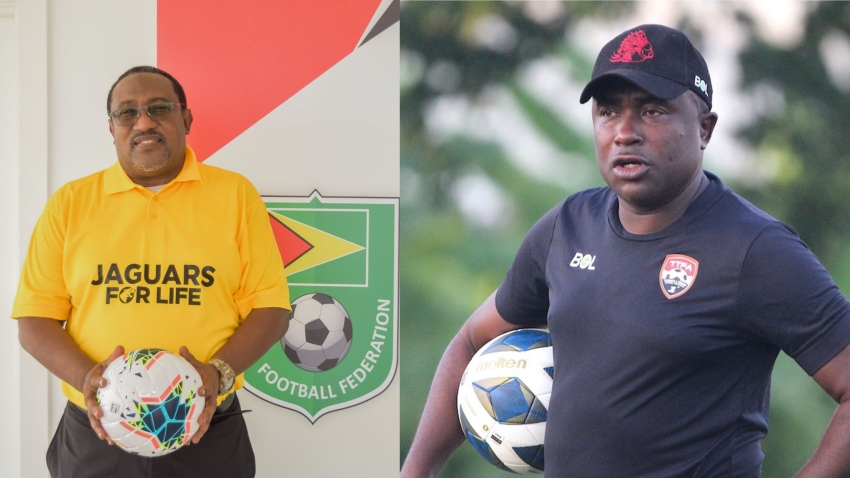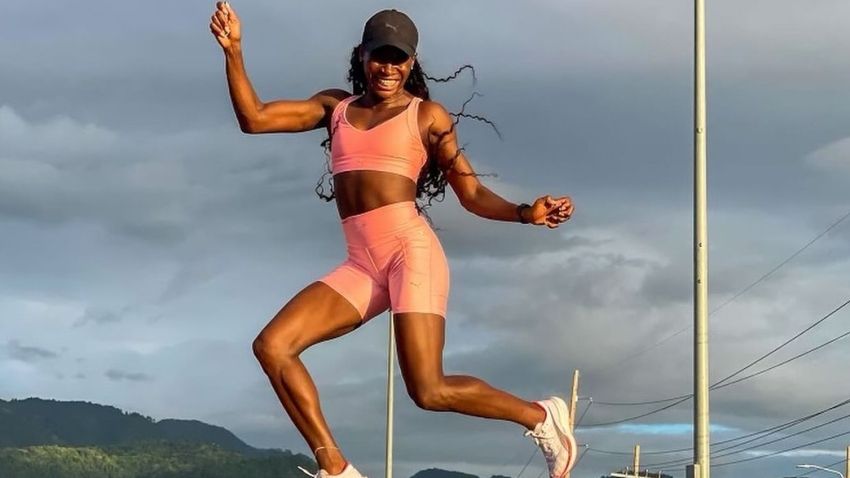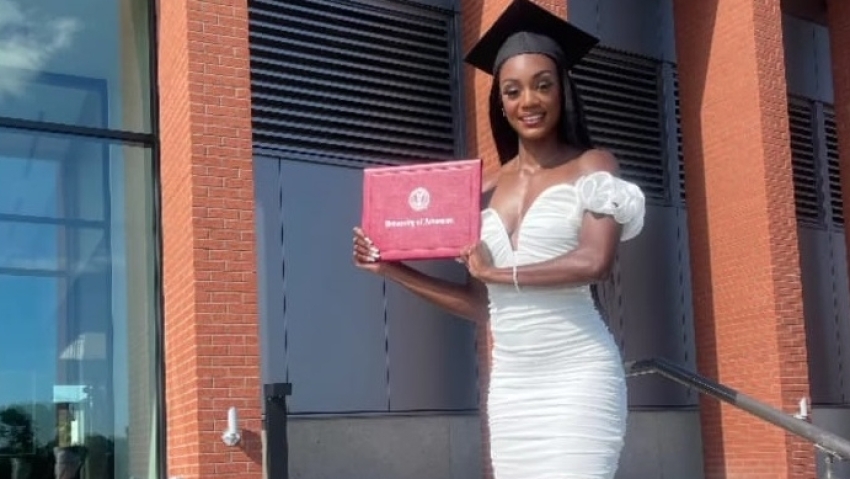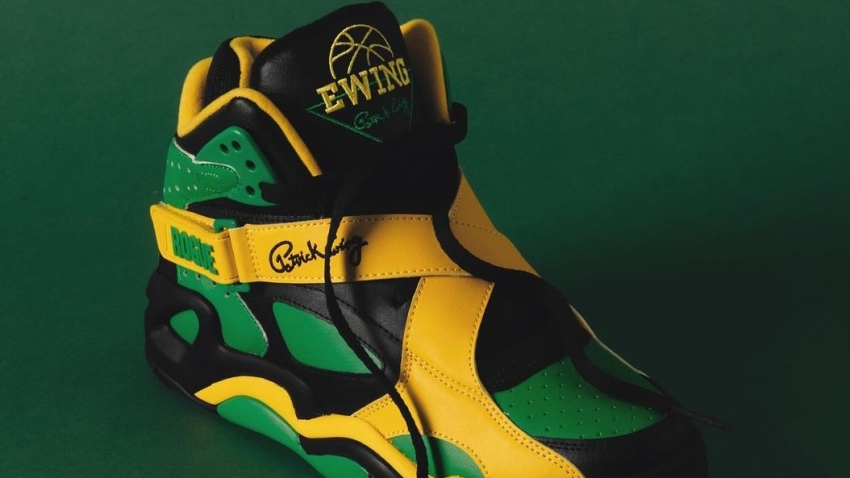Difficulty in getting sponsorship, use of inferior equipment and poor coverage are some of the problems faced by the local throwing community according to renowned coach Michael Vassell.
In light of recent comments by national hammer throw champion Nayoka Clunis regarding a lack of financial support from the local track & field governing bodies, attempts were made to contact a number of Jamaica’s throws athletes and coaches to see whether or not they have had similar experiences.
For context, these were Clunis’ comments on social media two weeks ago.
“Nobody wants to talk about the lack of funding or sponsorship that track and field gets. If you’re not ranked in the top 5, people don’t take you seriously. I am ranked in the top 30 (27 to be exact), while some countries would jump at the opportunity to help develop my talent…. not mine. They don’t help with anything outside of airfare and stay at national representative meets. Yes, I’ve been pleading for assistance from JAAA, JOA, even the minister, and no one is willing to help! How are athletes to survive!? It cost me $120 for a massage and $150 for chiro and I can only afford one, once a month! So, when you all see athletes like me not getting to that next level or not performing up to standard it’s because we are not getting the help we need to be great. I’m not asking for the world I’m asking for the basics to survive, that’s it!”
The 28-year-old represented Jamaica in the hammer throw at the World Championships in Budapest in August, failing to advance from qualifying with a best throw of 58.10m, a far cry from the 70.17m effort she produced at the National Championships just a month earlier.
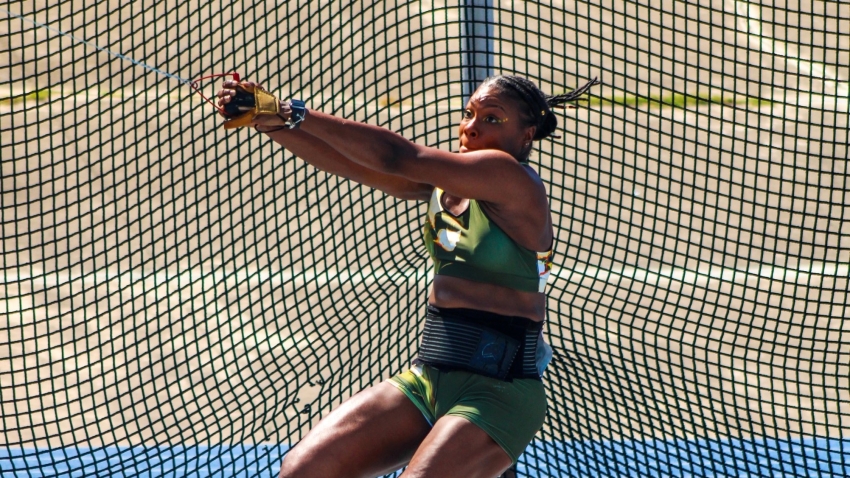
SportsMax.tv reached out to a number of other athletes and coaches looking for opinions on various issues faced by field event athletes in Jamaica and, while a number of them declined to comment, coach Vassell obliged and shed some light on some important topics centered around the Jamaican throwing community.
The first issue Vassell brought up was difficulty in getting sponsorship for his Throws Only meet.
“We have a preference for track in Jamaica. We believe in track and we love track. I have a Throws Only meet which has gotten to the point now where we have been doing this for 20 years and it has shown to benefit Jamaica in where we have produced medalists at the world level and all of these people are what you would call alumni out of these throws meets,” he told SportsMax.tv.
“We can say it has an impact but, having been around for 20 years, it is still a struggle to find sponsors for the meet, a meet that is used by coaches and schools to test their athletes. It is still a struggle to get sponsors,” he added.
The current Girls head coach at Excelsior High School also brought up the issue of the lack of access to top-class equipment due to high costs.
“Track & Field throwing depends on implements. You need proper implements to throw. Where do you get these implements? Are they world class? A training javelin will cost you US$200. A real good javelin can cost you US$3000,” he said.
“These things are what you call cost prohibitive. It also means that even the suppliers in Jamaica like Carl Chang at Western Sports who has been really supportive of throwing events, he buys implements but again, because of the cost, he can’t buy top of the line implements because if he does nobody can afford to buy them,” Vassell added.
The question was then asked regarding whether or not a possible solution would be for the local track & field governing bodies to provide top-class equipment for the athletes to have access to year-round.
“The governing body provides implements for competition,” Vassell said.
“They ensure that there is world-class competition equipment available to use. That, in most cases, is the extent of their support because they tell you that, while they’re in charge of that, there role is not to develop the sport like that to provide implements,” he added.
He went on to say that while some athletes may have sponsorships and be provided with world-class equipment free of cost, lesser athletes mostly have to rely on athletes or coaches coming from overseas.
“Some of the lesser athletes are dependent on maybe some of the guys coming from college overseas might leave an implement or some of the coaches from foreign might come down and leave two implements for the kids because to get good quality implements is expensive!” he said.
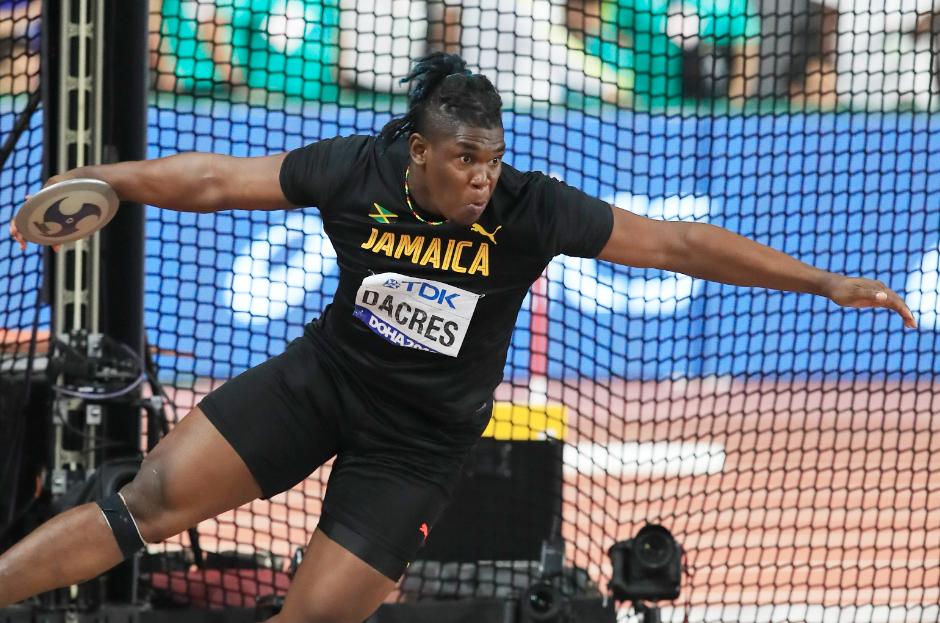
Vassell also noted that the use of the lesser quality equipment has a direct effect on some of the performances we see from Jamaica throwers at big meets around the world.
“Jamaica being what it is, if I buy a US$3000 javelin and throw it and it hits the ground and breaks in two, where does that leave me? Nobody really wants to make that kind of investment. You can get away and buy some javelins for $300 and use them but when your throwers go to the international meets and are exposed to world-class high-level implements, then they don’t perform as they can because they’re not used to them,” he said.
“A javelin is weighted to fly a certain distance whether that’s 60, 70, 80 or 90 metres. A 70m javelin thrower cannot take up an 80m javelin and throw it 80m because the strain that it puts on his elbow and his throwing arm is totally different from what the 70m javelin does,” he added.
When brainstorming possible solutions to this lack of access, Vassell circled back to the first problem, getting more sponsorship.
“We’re trying our best to navigate these challenges. You find sponsors. I remember Mr. Chang from Western Sports sponsored me for one of my throwing meets and he gave me some implements. These implements were used as prizes. So, people won an event and got an implement as the prize,” he said.
Vassell also addressed the way field events in general are covered at televised track meets.
“The purists will love the field events because they are exciting. They have rounds; they have lead changes; they have one man starting out in the front and ending up fifth; you have one man leading with one round to go and ending up fourth; you have people moving from eighth to first in one round but, because of how it is shown, it’s not exciting for a lot of people because you don’t see these lead changes,” he said.
“When it’s on the TV they’re showing the 100m because nobody has the time to show the discus that is also happening where the lead changed four times in the last round,” he added.
He also made reference to his throws only meets.
“When we have our throwing events, we have people qualifying for Olympics and World Championships and throwing world leads. When the seniors are throwing, everybody is watching. Everything is on pause and they are the stars of the show but, because a lot of people don’t know about it, they just push it by the wayside.”
Vassell says his dream is to one day put on a shot-put competition in the Half-Way-Tree square in Kingston as a way to draw more public attention to field events
“One of the things that Diamond League organizers do, for instance, is they’ll have the shot put the Friday evening like in the middle of a square or something like that. I’ve had this idea in my head all along to have a shot-put competition in the middle of Half-Way-Tree,” he said.
“Again now, we’d have to get sponsors because if you want to make that exciting you’d have to have world-class shot putters so you’d have to have prize money. You get like three of the top throwers out of North America, two good sponsors. Give the winners US$5000 or $6000 as a prize and who knows, they might come,” he added.


